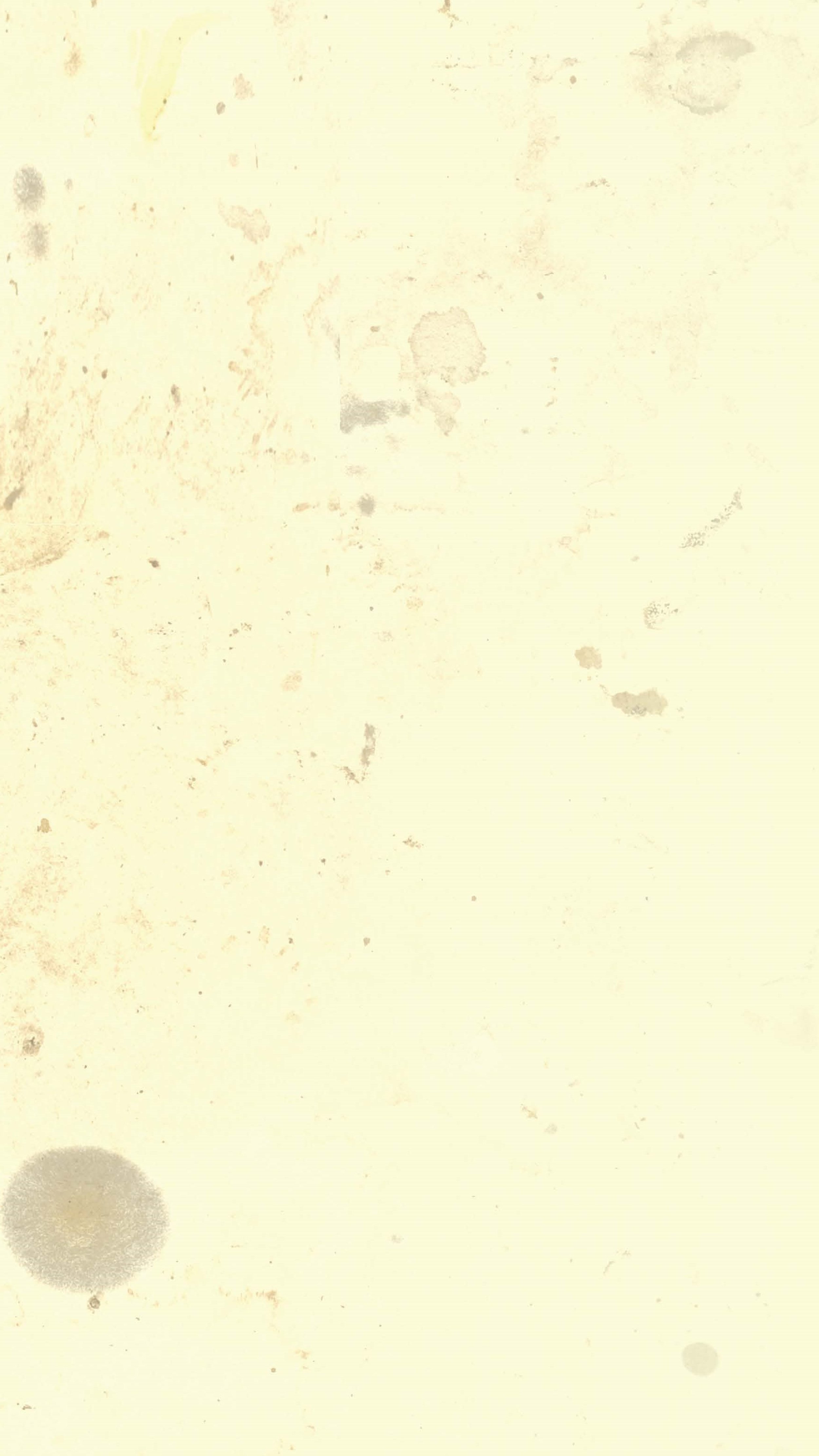
Selections from FM GALICIA
30.11
After grandpa’s funeral, I noticed that various people would approach me and, among other things, cautiously begin asking me about some kind of grass that is used for smoking. It reminded me of plots in films about secret drug addicts. I, of course, was convinced that grandpa had nothing to do with grass that is smoked and I tried to convince all those who had approached me of this. Old village men would walk away doubting my honesty.
I remember the way grandpa smoked. He had a plain but high-quality pipe and a nice little bag for tobacco. He loved to take a break from work, lean up on his hoe, shovel, scythe, or rake and smoke a bit in the shadow of the plum tree or on the knoll overgrown with sweet briar, depending on the weather. And it was by that plum tree that he had his worst asthma attack, the result of having spent many days on the Lysol-covered concrete floor of a solitary confinement cell.
After the attack, grandpa stopped smoking. For several months after, he would keep dried plums in his pocket so that he could eat them to help suppress his cravings to smoke, and a bunch of kids would follow him, asking for a plum. Grandpa left behind some almost poisonous makhorka tobacco dating back to the end of the 1950s, half a pack of Herzegovina-Flor cigarettes, and a couple of packs of small filtered Soviet cigarettes unimaginatively named “Minty.” But I knew nothing about any grass. By the way, those old men would keep coming up to me, sometimes once a year, sometimes more frequently, asking that, even if I continued to refuse giving them that grass, I at least show it to them. I came to understand that all this represented some kind of secret my grandpa had had.
Several years later—in the attic, of course, among homemade Christmas ornaments, I found a little metal box of Lviv ground coffee. Upon opening it, I was astounded by the extraordinary fragrance that was released. It was the smell of an orchard in summer, honey poured over magic herbs, the most delicious fruits, and the essence of the most delicate petals. And I recalled that scent, although I had believed that a distant recollection of it was really just another childhood fairy-tale. Grandpa would put a pinch of this herb in his tobacco and this would make the smoke very pleasant. This little box contained that grass those wise old men were searching for. As it turned out, it was a treasure more valuable than grandpa’s whole inheritance. This secret mix he had discovered was a real masterpiece. It makes poor tobacco good, and good tobacco—amazing. If grandpa wanted to, and if he had lived in a different part of the world, he could have become the magnate, the champion and the hero of all smokers. Instead, he passed that chance along to me. Maybe someday I’ll be up for it. But today, I just pull a pinch of herb from the little box, mix it with Dutch tobacco and throw myself a little party. And I think about grandpa. And, to this day, I don’t know what grass is contained therein.
Translated by Mark Andryczyk
